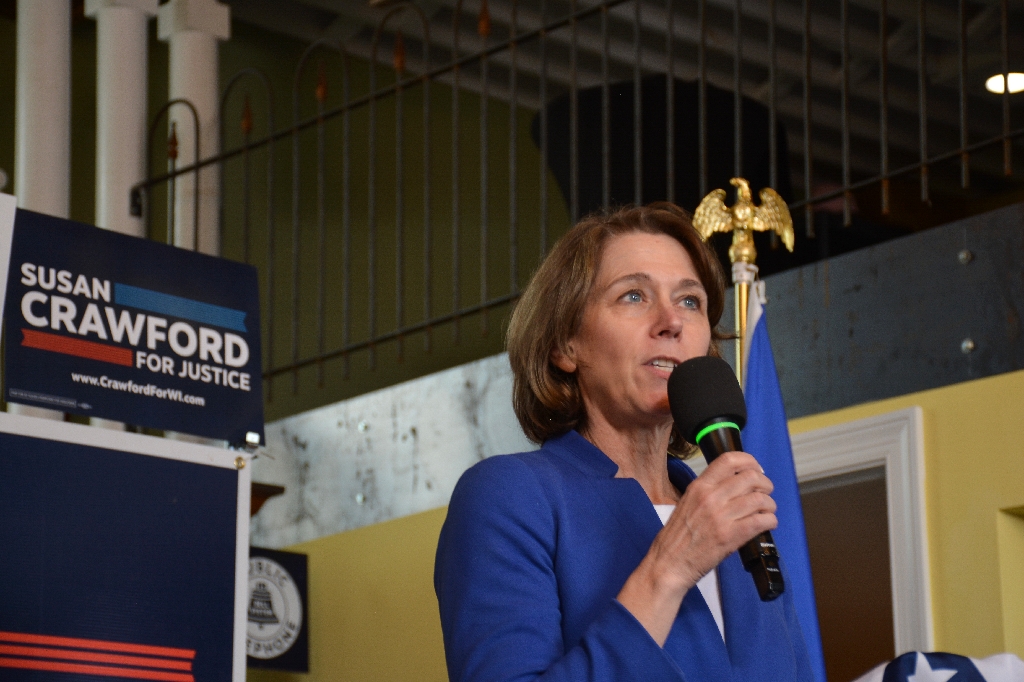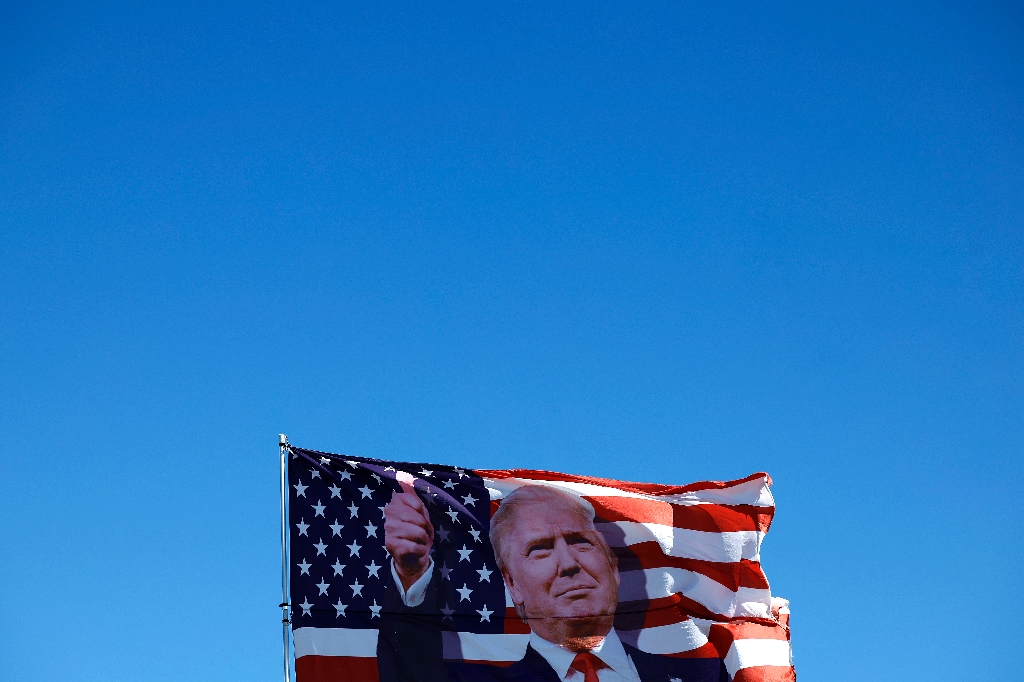Detroit (AFP) – Detroit was on edge Thursday as the auto workers union stood poised for a historic strike of “Big Three” automakers as a midnight deadline approached.
Negotiations continued throughout Thursday, but a fiery presentation by United Auto Workers (UAW) President Shawn Fain set the stage for a likely stoppage after midnight going into Friday morning with the expiration of contracts at General Motors, Ford and Stellantis.
Barring a last-minute agreement with one or more of the companies, the union plans to announce at 10 pm Thursday which locals will participate in the strike, with the majority of workers remaining on the job, Fain said late Wednesday.
General Motors upped its offer Thursday, lifting its proposed wage increase to 20 percent.The company had previously proposed an 18 percent rise, according to the UAW.
“We continue to bargain in good faith, but with our contract set to expire at 11:59 pm, I want to make sure you are completely informed,” GM Chief Executive Mary Barra said in a letter to its hourly employees that also touted the package’s health care and retirement provisions.
“We are working with urgency and have proposed yet another increasingly strong offer with the goal of reaching an agreement tonight,” Barra said.”Remember: we had a strike in 2019 and nobody won.”
A ten-day strike could cost the American economy more than $5 billion in lost revenue, according to an estimate by consulting firm Anderson Economic Group.
A prolonged social conflict could prove bad news for President Joe Biden’s re-election campaign, as voters are already unhappy about stubborn inflation.
A little over a year before the November election, Biden is walking on eggshells, trying to balance his stated support for unions and the specter of a blow to the American economy through a strike.
On Thursday evening, he spoke by telephone with Fain and the heads of major automakers to discuss the ongoing negotiations.
– ‘Bargaining in good faith’ –
Ford Chief Executive Jim Farley expressed frustration at the quiet state of activity as the hours ticked by.Ford had expected a busy day Thursday, but “nothing is going on,” he told CNBC.
Asked by the network about the effects of a strike at a Livonia, Michigan transmission plant that has been rumored, Farley said such a stoppage could prompt closures within “hours or days” at assembly plants that rely on Livonia.
Farley said Ford would have gone bankrupt if the UAW’s current demands would have been included in the expiring four-year contract.
Stellantis did not respond to a request for fresh comment.The company said Wednesday night its “focus remains on bargaining in good faith” to reach an agreement.
In his presentation Wednesday, Fain described the plan of a gradually expanding strike as aiming to keep the companies off balance and maximize the union’s bargaining position.
“It is long past time to stand up for the working class, to stand up for our communities and to stand up against unchecked corporate greed,” Fain said.
– ‘State of readiness’ –
Fain has told local unions to be in a “state of readiness” in case their factories are enlisted in the strike, said Michael Spencer, vice president of UAW Local 1700, which represents 6,000 workers at Stellantis’ Ram factory in Sterling Heights, Michigan.
Spencer and other leaders at the union are devising strike plans in which workers would do scheduled five-hour strike shifts, manning the plant’s 14 entrances to create a visible UAW presence.
“At the end of the day, nobody wants to strike,” said Spencer, who noted the goal is not to hurt consumers or the company.
“You are trying to shake the table up enough to get their attention,” he said.
Spencer said wages have not kept up with the cost of living, which means Stellantis workers cannot afford the vehicles they make.The Ram 1500 pickup begins at between $40,160 and $84,355, depending on the trim level.
Other sticking points include raising pay and benefits for temporary and junior employees at lower tiers who currently make as little as $22 per hour compared with the top rate of $31 an hour.
The UAW’s demands include a 40 percent hike in wages, which Fain has said is needed to match rises in CEO pay.
Thus far, while the “Big Three” automakers have not matched that level, they have offered double-digit increases.
Analysts have said a lengthy strike would put pressure on suppliers, who might be forced to lay off workers in a move that could slow a recovery when the strike ends.
The worst-case scenario would be a lengthy strike at all three companies, dampening consumer spending and weighing on the economy in the Great Lakes region, Canada and beyond.




